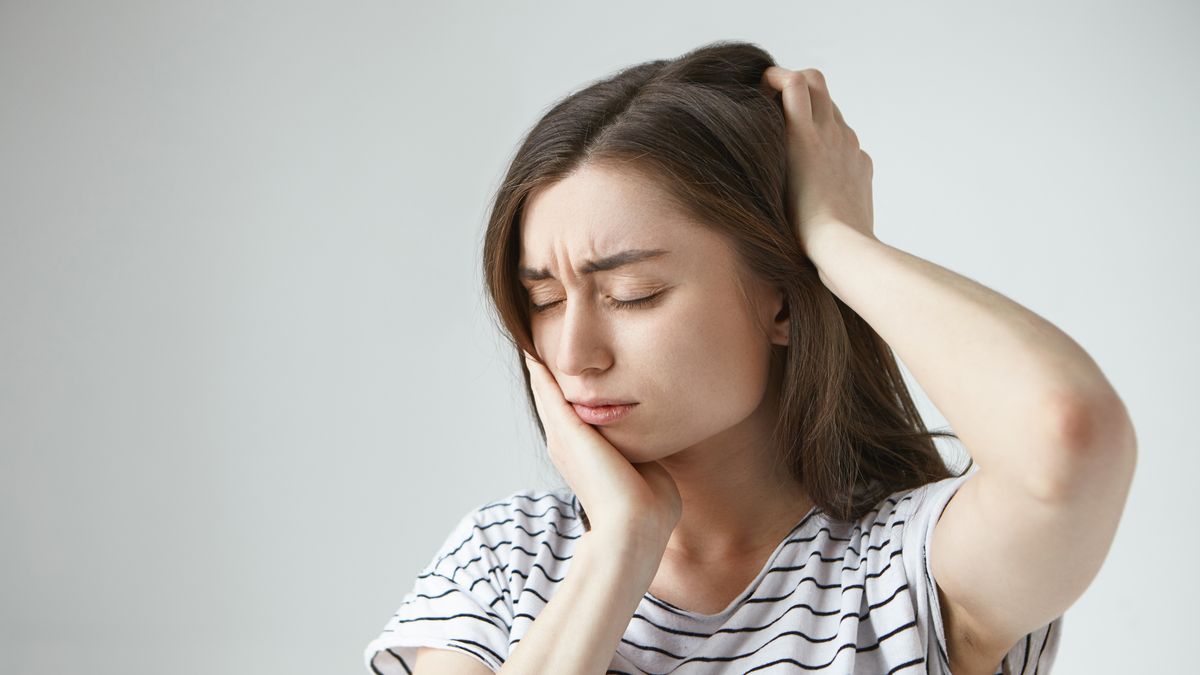Sleeping well is not a luxury, it is a vital necessity. However, millions of people silently suffer from a disorder that compromises the quality of their rest without even realizing it: bruxism. Clenching or grinding your teeth, especially at night, may seem minor, but its effects go far beyond your mouth.
Bruxism affects much more than the teeth: disrupts sleep, accelerates aging and can impact general health.
What is bruxism and why does it occur?
It is an involuntary disorder that can manifest itself during sleep or while awake. In both cases, it is usually a consequence of stress, anxiety or neuromuscular disorders. Many times it goes unnoticed until symptoms appear: jaw pain, headaches, fatigue, tooth wear or sleeping problems.
How it affects sleep and the body
When a person clenches his teeth while sleeping, the body goes into constant microalerts. Even if it is not remembered when waking up, the rest is interrupted and the deep phase of sleep is not reached.
The result is a persistent exhaustion, irritability, and reduced ability to concentrate. Additionally, bruxism interferes with REM cycles, essential for process emotions and consolidate memory. In the long term, this lack of restful rest directly impacts physical and mental health.
Modern treatments: botulinum toxin and muscle relaxant plates
In recent years, the use of botulinum toxin in the masseter and temporal muscles became one of the most effective therapies to control bruxism. This technique relaxes the muscles that produce excessive pressure and improves quality of life by reducing pain and preventing tooth wear.
The most complete treatment combines botulinum toxin + personalized muscle relaxant plate. The toxin decreases muscle hyperactivity, while the plaque protects the teeth and guides the muscles into a more relaxed position. This approach protects teeth, improves sleep quality and reduces the risk of joint damage.
Sleep
Sleeping well is directly related to longevity and overall well-being.
FreePik.es
Sleeping well is living better
Chronic poor sleep can cause hypertension, type 2 diabetes, cardiovascular diseases, depression and weakened immune system. In addition, muscle and joint wear and tear caused by bruxism can lead to cervical pain, temporomandibular dysfunction (TMD) and tooth loss.
Sleeping well is directly related to longevity and comprehensive well-being. When bruxism interrupts rest, the body enters a state of chronic stress that accelerates cellular aging and reduces the body’s repair capacity.
Bruxism is treatable and can be controlled with an interdisciplinary approach that includes dentistry, neurology, and stress management.
Source: Ambito
I am an author and journalist who has worked in the entertainment industry for over a decade. I currently work as a news editor at a major news website, and my focus is on covering the latest trends in entertainment. I also write occasional pieces for other outlets, and have authored two books about the entertainment industry.




